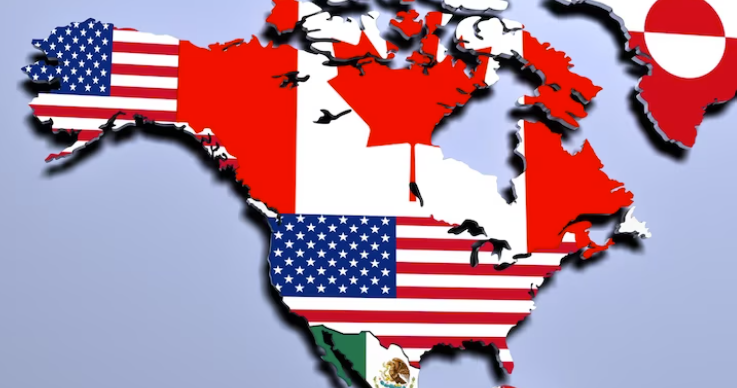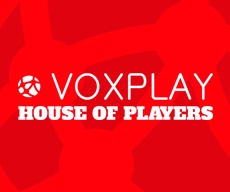Lawsuit accuses Canadian major-junior hockey leagues of violating U.S. antitrust laws

The NHL and Canada’s major-junior hockey leagues were hit Wednesday with a class-action lawsuit alleging they operate a cartel that violates U.S. antitrust law, suppresses competition and keeps players locked in an exploitative system that pays them poverty wages in exchange for a dream of playing in the pros.
The suit, filed in U.S. federal court in the Southern District of New York, alleges that the OHL, WHL, QMJHL and their respective teams and owners, which together comprise the CHL, restrict competition for 16-to 20-year-old players and treat them as property to be traded without their meaningful consent. The NHL is named as a co-conspirator.
The suit was filed by the World Association of Icehockey Players Unions and its North American division, along with two former major-junior players, Calgary-born forward Tanner Gould, 19, and Lakeville, Minn.-born goalie Isaiah DiLaura, 23. The plaintiffs are seeking class-action certification.
The OHL, WHL, and QMJHL allocate exclusive, non-overlapping territories in North America from which they can source and recruit players. The suit alleges the program gives prospective players only a single league through which they can pursue a path to the pros, creating a culture of “abuse – economic, physical, psychological, and sexual – that is the foreseeable consequence of a system that deprives these Players of freedom of choice, freedom of movement, and freedom to play for the club of their choice, i.e., the hallmarks of a competitive labor market.”
The suit alleges that the players are paid a pittance, “exacerbating their exploitation by depriving them of fair compensation for their labor.” According to the complaint, standard player contracts in the WHL set compensation at $250 a month, while OHL players are paid $470 a month. “Player compensation in the QMJHL is similarly fixed at non-competitive levels,” the complaint alleges, despite the fact that the major-junior hockey leagues and teams earn, “at least hundreds of millions of dollars a year.”
The allegations, which have not been tested in court, also say that the NHL oversees and helps to finance the system through payments made to the feeder leagues and teams, which, it argues are “contingent on Major Junior Defendants maintaining many of the rules and policies that cement the illegal agreements set forth herein.”
“It’s time for change within major-junior hockey,” Gould said in a news release issued by Constantine Cannon LLP, one of the law firms representing the plaintiffs. “I’m proud to be a part of this case because I want to make sure that the players coming up after me are protected in a way that I was not.”
“Teenage players continue to be treated like disposable objects, just like I was,” DiLaura said in the same news release. “I am hoping this lawsuit will put an end to that.”
The NHL did not respond to requests for comment.
In a statement provided by spokesperson Chris Seguin, the CHL said, “We have just been made aware of the complaint, filed by WAIPU, an organization that has not been certified to represent any CHL players. Until we can thoroughly review the document, we are unable to provide comment as to the legitimacy of its contents.” Spokespeople for the WHL and QMJHL deferred to the CHL. A spokesperson for the OHL did not respond to a request for comment.
The suit says major-junior players have never had a collective agreement, and attempts to unionize CHL players “have been unsuccessful to date because Major Junior Players fear retribution (and have, in fact, been retaliated against) by Defendants.”
In unsparing language, the suit outlines the extraordinary economic imbalance faced by players who hope to pursue a professional career, noting that the defendants include “more than 146 clubs – virtually the entire North American ice hockey industry.” It adds that “each player – in some cases children as young as 14 years old – faces that unified economic power wholly on his own.”
Contract terms “are little short of indentured servitude” which force players “to choose between their dreams of playing in the NHL and their education. Defendants’ exploitation and abuse of boys during their formative mid-to-late-teen years is systemic, pervasive, and likely to inflict scars that will affect these boys throughout their lives.”
The suit alleges a host of ways in which the players lack control over their fate, including trades.
Though the major-junior leagues have rules in place forbidding trades without players’ consent – the suit notes “trades can be very disruptive to a teenager who may already be living far from home, at the home of a billet family, and attempting to finish high school while providing full-time hockey services for his Club” – the suit alleges that teams routinely circumvent the restrictions.
Gould was drafted at age 15 by the Tri-City Americans and, after one season with the Kennewick, Wash.-based team, he was informed that he was being traded to the Prince Albert Raiders in Saskatchewan. The suit alleges that he was told that, if he didn’t consent to the trade, he would be “sent home,” and prevented from playing for any other team in the league.
DiLaura, meanwhile, alleges that he wasn’t even asked for his consent on the two occasions he was traded: He was simply told the news by his club’s general manager and given 24 hours to pack up his life, catch a flight, and report to his new club – in each case, on the other side of the U.S.-Canada border.
In a statement on the WAIPU USA website, the organization’s president, Sandra Slater, said the lawsuit, “will serve as a catalyst for sweeping reforms across major-junior hockey and underscores the urgent need for a new governance model that values athlete welfare above profits. This is a defining moment in the fight to create a hockey ecosystem that is fair, safe, and respectful to all athletes.”



